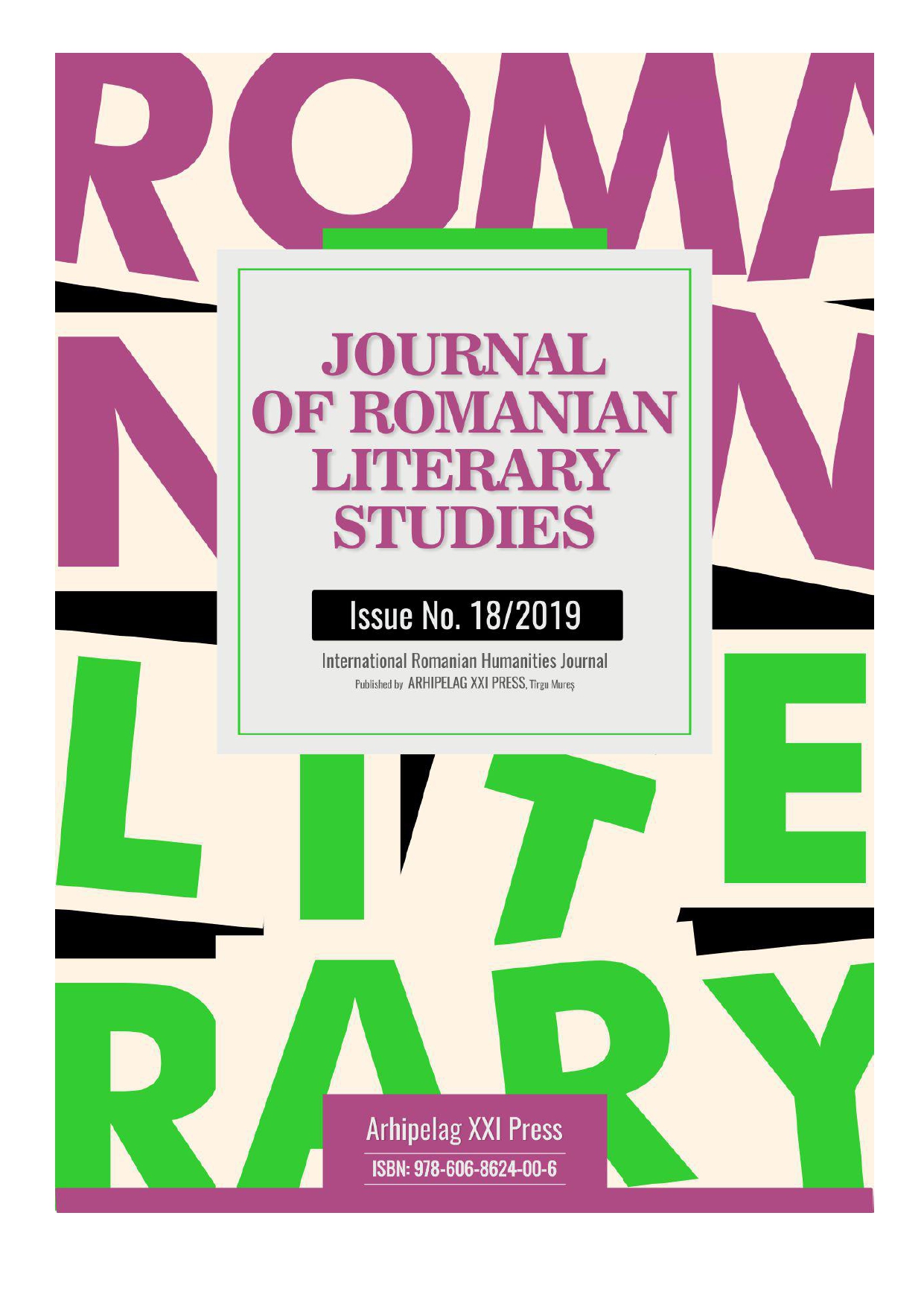ARGOT, JARGON, COLLOQUIAL LANGUAGE ETC. IN LATIN AMERICA AND SPAIN: SHORT THEORETICAL INTRODUCTION
ARGOT, JARGON, COLLOQUIAL LANGUAGE ETC. IN LATIN AMERICA AND SPAIN: SHORT THEORETICAL INTRODUCTION
Author(s): Ioana IliseiSubject(s): Lexis, Semantics, Descriptive linguistics
Published by: Editura Arhipelag XXI
Keywords: argot; slang; Latin American; translation; replana;
Summary/Abstract: Also in Spanish language there is a semantic difference between the terms argot and jargon, but there are several types of slang in both Spain and Latin America. It is well known that each country has its own argot or slangs. Latin America refers to the Spanish speaking countries on the Central and South American continent, namely Mexico, Guatemala, El Salvador, Honduras, Nicaragua, Costa Rica, Panama, Cuba, Dominican Republic, Venezuela, Colombia, Ecuador, Perú, Chile, Bolivia, Paraguay, Argentina and the Oriental Republic of Uruguay. In Hispanic America, the most important cryptic language are replana in Perú and lunfardo in Argentina. Of course, the Spanish language is homogeneous in the Iberian Peninsula and in the former colony, but Spanish in Hispanic America has developed differences at all levels of language - phonetical, phonological, morpho- syntactical, lexical and semantic because of the influences of indigenous languages (of the Mayan, Aztec and Inca), African slaves, or French, Dutch and English Languages of the neighbors. In both Spain and Latin America we have juvenile argot, colloquial, familiar or informal languages.
Journal: Journal of Romanian Literary Studies
- Issue Year: 2019
- Issue No: 18
- Page Range: 953-962
- Page Count: 10
- Language: Romanian

